The island faces recovery with hope and a renewed consciousness.
Text: Virginia Servera.
Anxiety, fear, decay. Irritability and restlessness. Feeling hopeless about the future and loss of pleasure from doing things that once motivated us. To a greater or lesser extent, we all see ourselves recognized in this tangle of feelings. However, and far from what we can think, the clock is ticking. One day it happens to another and although our desire was to restart it, reality reminds us that restoring factory settings will only be possible with time. And it will never work the same again. The first step -almost the most urgent- is to regain social life, physical closeness, kisses and caresses… Those purely Mediterranean habits that make us feel alive. Our life belt.
For Mallorcan society to regain positive social dynamics, it is also imperative that vaccines and aid do not fail. Employees and entrepreneurs in the hotel and restaurant industry are exhausted. Also those who work in the health, social or educational sector, due to their strong involvement in the pandemic, or actors from the cultural and commercial sector, who have also suffered the consequences of limitations in their activity. Although “resilience capacity is one of our characteristics”, as the UIB sociologist Lluís Ballester points out, and we are prepared as a society to face difficult situations, today we deal with a collective challenge: “the development of viable alternatives and environmentally sustainable tourism monoculture”, he points out. “That will be good for the local population but also for those who decide to visit the island”, adds Ballester.
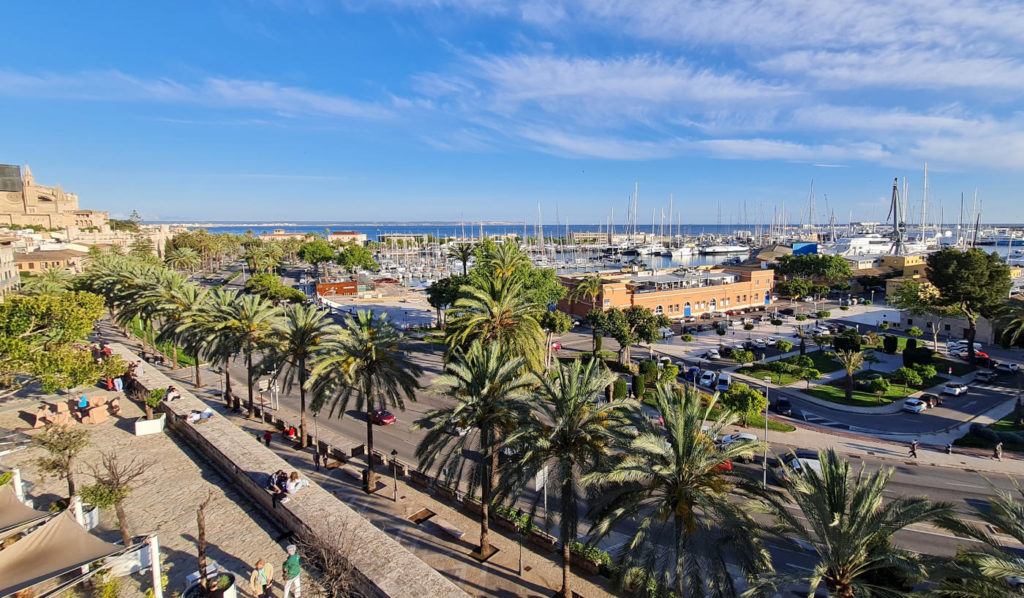
The citizens have attended a reunion with the most emblematic places of the island.
The strength of the business network
During the month of February, 126 companies closed in the Balearic Islands (in 2020 there were about 4,000) while 313 were established from scratch, which accounts for the evolutionary adaptation of our companies to the post-COVID scenario. Despite the fact that the Balearic Islands today have 82,988 unemployed and still have 33,785 workers in ERTE according to March data, business confidence, after recovering from a plummet, already exceeds the levels of 2019, which outlines an optimistic recovery scenario.
For Inmaculada Benito, director of the Department of Tourism, Culture and Sports at the CEOE, the investment of 1,000 million made in recent years to improve the tourist offer in the islands explains that “Balearic companies are healthier than in the previous crisis, which has allowed them to be resilient and puts us in a very good position”. Although she acknowledges that we are facing a very delicate moment, she is convinced that “they will be able to move on. Of course, we need to strengthen public-private cooperation in order to anticipate, plan and develop the future of the sector”, she concludes.
Propping up the future
The paralysis of tourist activity and the notable impact it has had on the Balearic GDP –the biggest drop in all of Spain– has highlighted the endemic problems of the tourism sector and has alerted us about the need to accelerate the transformation of this industry. “We have been talking about second generation tourism policies for a long time. Those economic policies that around tourism develop links with other activities: technology, agriculture, education… This evolution is what must be implemented; the strengthening of productive operations with and for tourism”, says Benito.
- Inmaculada Benito.
- Lluís Ballester.
Everything suggests that once the health situation stabilizes and mobility restrictions are relaxed, “tourism will recover and come back with force”, says the director of Tourism of the business organization. The desire to travel, to explore new places and to know other ways of life remains intact, so if family budgets allow it, it will be the security conditions that determine the next destination of our longed-for vacations. In this sense, the Balearic Islands play with an advantage. The favorable epidemiological situation in the islands, with a low incidence of infections compared to the rest of the territories at the time of writing this report, envisions a graceful tourist season, as long as the vaccination campaign is up to par.
Nothing will ever be the same
If the post-COVID tourist will demand excellence in terms of safety and hygiene and will value factors such as social distancing or freedom, the adaptation of companies to these new demands will be key to ensure their viability. “Knowledge, flexibility, security and anticipation will be the new rules of the game. The companies will adapt their structures to this new tourist and a more technological, conscious, inclusive and resilient evolved ecosystem will be generated”, declares Benito.
For now and according to a recent study by the Fundació Impulsa, “the path to digital transformation is already adding followers, especially in services (48.2%) and large companies (80%), which “will have a positive effect on the creation of new competitive advantages related to innovation, efficiency, sustainability and, of course, the differentiation of products and services”.
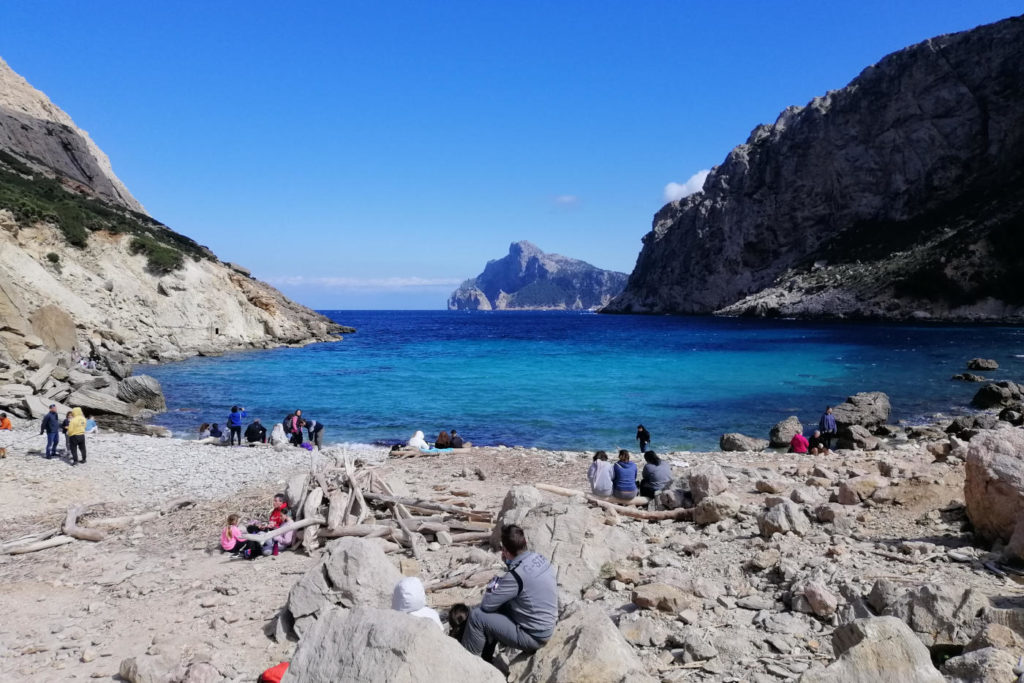
Reconnecting with nature has become a priority.
Intact Mediterranean leadership
In the words of sociologist Ballester, our society “has created a fortunate culture and balance”. Many visitors arrive knowing that “Mallorca is much more than what they can buy” and that they land in “a region that knew how to build stone walls, ‘llaüts’, the Lonja, the Cathedral, etc.”.
Although it does not escape the scourges of the pandemic in its economy, “the strengths of the Balearic Islands are unmatched with other Mediterranean destinations”, Inmaculada Benito underlines. Its relaxed lifestyle, the benefits of its climate, the excellent air connection with Europe, the incredible value of its landscape or its cosmopolitan air make it a unique territory, “less obsessed with consumption, speed and competition”, although its tourist competitiveness is unquestionable.
Authentic versus withered uniformity
Mallorcan society, modern and advanced in equal parts, connected and multicultural, has for some time been witnessing a reunion with the best of its traditions, with its most authentic ways of life: “From food (wine, oil, sobrasada, pastry, etc.), to music, through the recovery of crops or artisanal ways of working with stone or building boats”, defends Ballester.
The uniformity of globalization, which with tourism brought a great improvement in the quality of life of Majorcans but also other less fortunate changes such as increased pollution, overexploitation of their own resources and uncontrolled urbanization, today it is not trendy. The search for novelty, for authentic and different experiences that provide added value forces us to be faithful to our identity in order to meet the expectations of travelers who will soon set foot on the island.

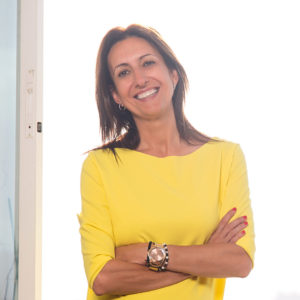

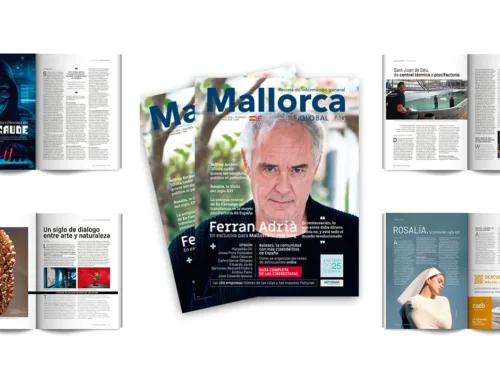
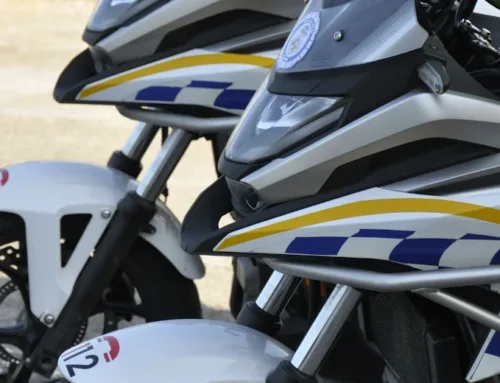
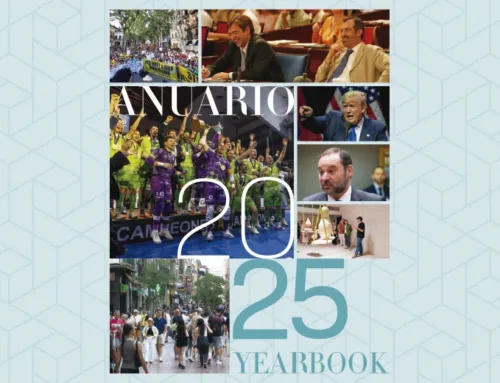
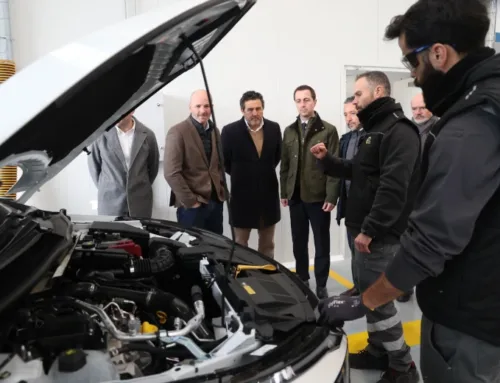


Leave A Comment